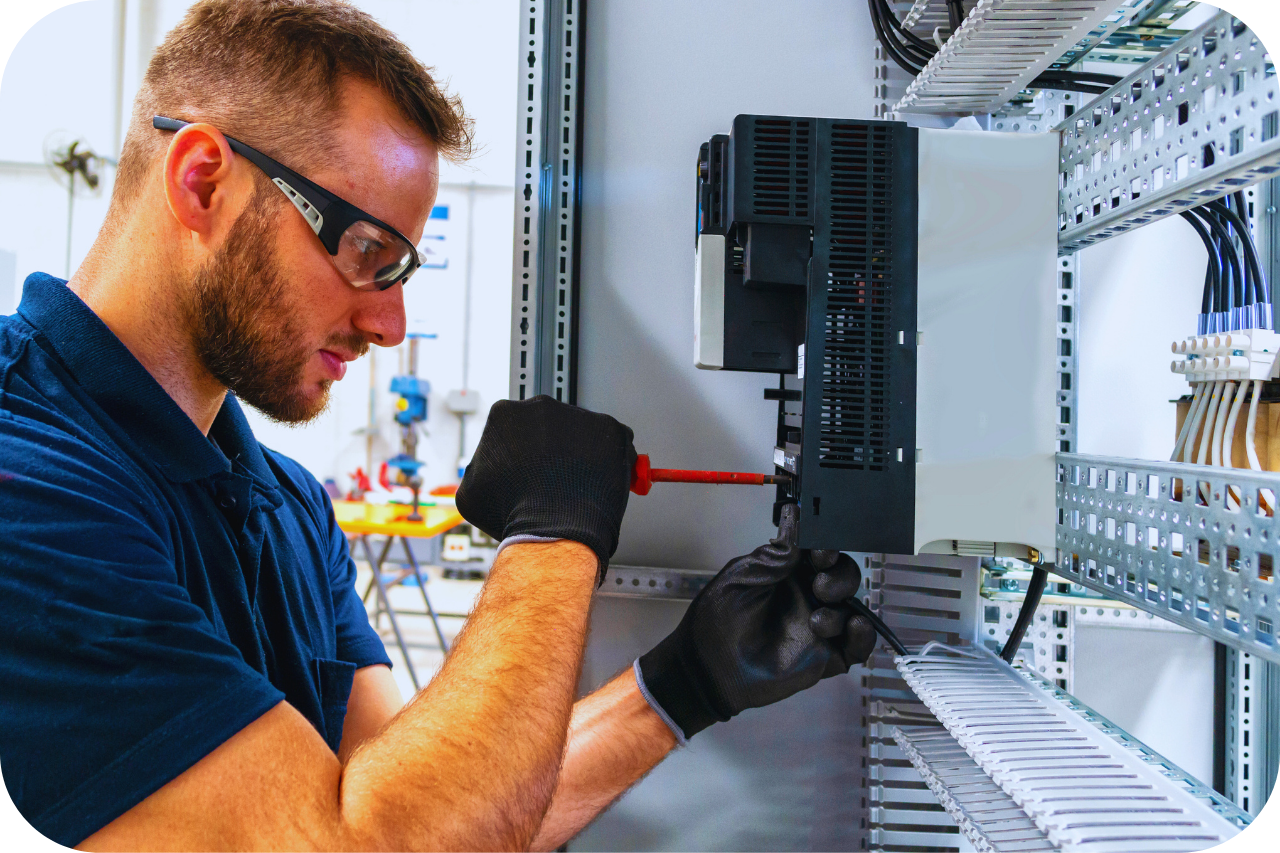The 7-Minute Rule for Roar Solutions
The 7-Minute Rule for Roar Solutions
Blog Article
The Only Guide to Roar Solutions
Table of ContentsRoar Solutions Things To Know Before You BuyAn Unbiased View of Roar SolutionsGetting The Roar Solutions To Work
In order to protect installations from a prospective explosion an approach of analysing and categorizing a potentially harmful location is required. The purpose of this is to make certain the right selection and installment of tools to inevitably protect against an explosion and to guarantee security of life.
(https://www.bitchute.com/channel/JJyNq2gAk2M7)
No equipment needs to be mounted where the surface area temperature of the devices is above the ignition temperature of the offered risk. Below are some common dust dangerous and their minimal ignition temperature. Coal Dirt 380C 225C Polythene 420C (thaws) Methyl Cellulose 420C 320C Starch 460C 435C Flour 490C 340C Sugar 490C 460C Grain Dust 510C 300C Phenolic Material 530C > 450C Aluminium 590C > 450C PVC 700C > 450C Soot 810C 570C The chance of the risk existing in a concentration high enough to cause an ignition will certainly vary from place to place.
In order to categorize this threat an installation is divided into areas of threat relying on the amount of time the hazardous is existing. These locations are referred to as Zones. For gases and vapours and dirts and fibres there are 3 zones. Area 0 Zone 20 A dangerous ambience is very likely to be existing and might exist for lengthy periods of time (> 1000 hours annually) or perhaps constantly Area 1 Zone 21 A hazardous atmosphere is feasible however not likely to be present for extended periods of time (> 10 450 C [842 F] A category of T6 indicates the minimal ignition temperature is > 85 C [185 F] Harmful location electrical equipment possibly developed for use in greater ambient temperature levels. This would certainly suggested on the ranking plate e.g. EExe II C T3 Ta + 60C( This indicates at 60C ambient T3 will certainly not be exceeded) T1 T1, T2, T3, T4, T5, T6 T2 T2, T3, T4, T5, T6 T3 T3, T4, T5, T6 T4 T4, T5, T6 T5 T5, T6 T6 T6 A T Course ranking of T1 means the optimum surface area temperature created by the tool at 40 C is 450 C. Presuming the linked T Course and Temperature level score for the tools are proper for the location, you can always use a tool with a more strict Department ranking than needed for the location. There isn't a clear solution to this question. It really does rely on the sort of tools and what repair work require to be accomplished. Tools with details examination treatments that can't be performed in the field in order to achieve/maintain 3rd party rating. Must return to the manufacturing facility if it is prior to the equipment's service. Area Fixing By Authorised Personnel: Difficult screening may not be required nonetheless specific procedures might need to be adhered to in order for the equipment to maintain its third party ranking. Authorized workers need to be used to perform the work properly Repair work must be a like for like substitute. New component need to be considered as a direct replacement calling for no special screening of the devices after the repair service is total. Each piece of equipment with a dangerous ranking must be assessed independently. These are outlined at a high level listed below, but also for more thorough info, please refer directly to the standards.
Roar Solutions Fundamentals Explained
The devices register is a comprehensive database of tools documents that consists of a minimum collection of areas this website to determine each thing's location, technological parameters, Ex lover classification, age, and environmental information. The ratio of Comprehensive to Shut examinations will certainly be determined by the Equipment Danger, which is assessed based on ignition risk (the probability of a source of ignition versus the probability of a flammable atmosphere )and the unsafe location category
( Zone 0, 1, or 2). Carrying out a robust Risk-Based Assessment( RBI )technique is essential for making sure compliance and safety and security in managing Electric Tools in Hazardous Locations( EEHA).
Everything about Roar Solutions

In terms of explosive threat, a harmful location is an atmosphere in which an eruptive environment is present (or might be expected to be existing) in quantities that need special safety measures for the building, setup and use equipment. Roar Solutions. In this post we check out the obstacles dealt with in the workplace, the threat control procedures, and the required expertises to function safely
It is a repercussion of modern-day life that we make, save or take care of a series of gases or fluids that are deemed combustible, and a variety of dusts that are deemed flammable. These substances can, in particular problems, form eruptive atmospheres and these can have major and heartbreaking repercussions. The majority of us know with the fire triangular get rid of any kind of among the three components and the fire can not happen, however what does this mean in the context of dangerous areas? When damaging this down right into its most basic terms it is basically: a combination of a specific quantity of release or leak of a specific compound or material, combining with ambient oxygen, and the presence of a source of ignition.
In many circumstances, we can do little about the degrees of oxygen in the air, however we can have substantial influence on sources of ignition, as an example electrical devices. Unsafe locations are recorded on the dangerous location classification illustration and are identified on-site by the triangular "EX-SPOUSE" sign. Below, among various other key info, zones are divided into 3 kinds depending on the hazard, the possibility and duration that an explosive atmosphere will certainly exist; Zone 0 or 20 is deemed one of the most unsafe and Zone 2 or 22 is deemed the least.
Report this page